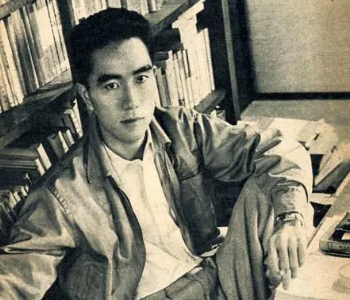In ancient Chinese history, political marriages were a common means to consolidate power. In the late Eastern Han Dynasty, the powerful official Cao Cao took control of the imperial court by holding the Han Xian Emperor hostage. However, under such a background, Cao Cao married his daughter to the Han Xian Emperor. The reasons behind this move are worth exploring in depth.

Firstly, Cao Cao's marriage of his daughter to the Han Xian Emperor can be seen as a nominal expression of respect and loyalty. Although Cao Cao actually held the imperial power, he did not abolish the Han Xian Emperor's throne. Instead, he strengthened his image as a loyal subject of the Han Dynasty by marrying his daughter. This, to a certain extent, eased the conflict between Cao Cao and the Han Dynasty, and also maintained the legitimacy of the Han Dynasty's rule in name.
Secondly, marital alliances were also a political strategy. By marrying his daughter to the emperor, Cao Cao not only strengthened his relationship with the royal family but also expanded his influence in the court through this bloodline. This marriage alliance helped Cao Cao establish a more solid power base among the imperial clan and aristocracy.
Finally, the marriage between Cao Cao's daughter and the Han Xian Emperor may have also been based on Cao Cao's judgment of the Han Xian Emperor's personal abilities. Although the Han Xian Emperor was the emperor, his political influence was limited under Cao Cao's control. Cao Cao may have believed that even if his daughter married the Han Xian Emperor, it would not pose a threat to his power. At the same time, such a marriage alliance also allowed him to better monitor the Han Xian Emperor's every move and prevent him from any rebellious actions.
According to historical records, Cao Cao married three of his daughters to the Han Xian Emperor, namely Cao Jie, Cao Xian, and Cao Hua. These three daughters had different statuses in the palace, but they all reflected Cao Cao's control over the Han Xian Emperor and his influence on the court to a certain extent.
In conclusion, Cao Cao's marriage of his daughters to the Han Xian Emperor was not just a personal family choice, but also a well-thought-out political strategy. Through this marriage alliance, Cao Cao was able to maintain the dignity of the Han Dynasty in name, consolidate his power in the court, and strengthen his control over the Han Xian Emperor through his bloodline with the royal family. This act demonstrated Cao Cao's profound insight and strategic prowess as a politician.
Disclaimer: The above content is sourced from the internet and the copyright belongs to the original author. If there is any infringement of your original copyright, please inform us and we will delete the relevant content as soon as possible.






























